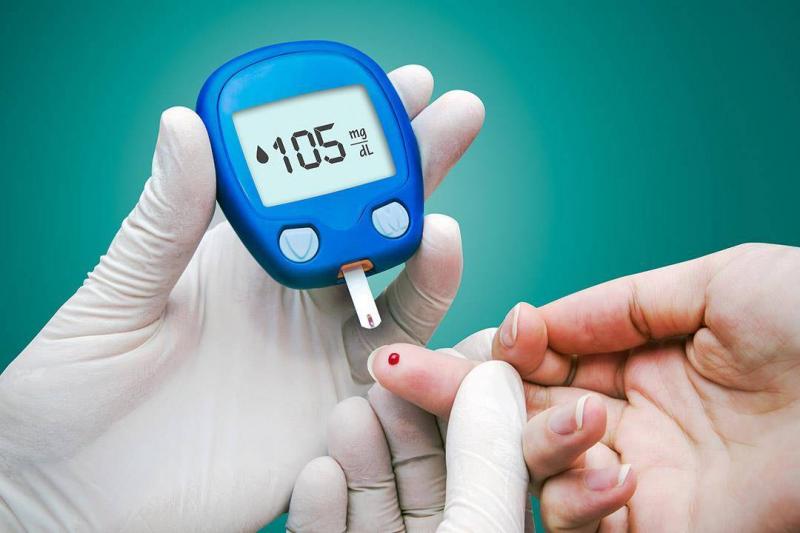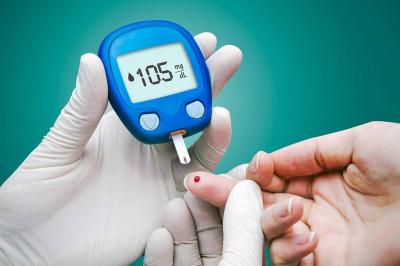Type 2 diabetes is one of the diseases that requires a special understanding and awareness. Most people believe that this condition is only related to blood sugar levels; however, the reality cannot be summarized that simply. In recent years, there has been significant progress regarding the disease more comprehensively, highlighting the importance of not only focusing on blood sugar levels but also expanding this focus to include heart and kidney health. In this regard, Dr. Mohamed Mosharraf, the Medical Director at Boehringer Ingelheim in the Middle East, Turkey, Africa, and India, reveals more details regarding type 2 diabetes. He also emphasizes other complications that are often overlooked despite their direct impact on overall health.
It is noted that approximately 73 million adults suffer from diabetes in the Middle East and North Africa alone, with projections indicating an 86% increase to reach 136 million individuals by 2045. Consequently, it is essential to recognize the evidence proving the close connection with kidney and heart diseases.
The term cardiorenal syndrome (CRS) refers to the pathological relationship between the heart and kidneys, where each is affected by the dysfunction of the other. As we know, the interplay of type 2 diabetes with chronic cardiovascular diseases and chronic kidney diseases has serious epidemiological and physiological implications that necessitate intervention. Recent studies have confirmed the association of elevated blood sugar levels with heart and kidney diseases, illustrating how heart diseases are related to kidney diseases. Studies have shown that the risk levels for diabetic patients exceed the likelihood of developing heart failure, with one-third of diabetic patients currently suffering from chronic kidney disease.
The increasing understanding of the close relationship between cardiovascular health, kidney health, and metabolic processes emphasizes the need for a comprehensive and integrated approach to managing type 2 diabetes. With the growing specialization among endocrinologists, nephrologists, cardiologists, and primary healthcare providers, it has become imperative to implement change and adopt a holistic treatment approach that considers the interrelationship between cardiovascular health, kidney health, and metabolism, providing treatment accordingly.
Boehringer Ingelheim consistently reaffirms its commitment to empowering patients and helping them achieve better health outcomes through our efforts to raise awareness and initiatives that provide them with the latest relevant information and solutions.
Setting aside some time to discuss with the doctor how to maintain heart and kidney health is of utmost importance and is no less significant than undergoing routine check-ups. Patients should be aware that there are specific tests that can evaluate the functional status of these organs. For instance, kidney health can be assessed through urine analysis to determine the albumin-to-creatinine ratio; furthermore, blood tests are conducted to check the estimated glomerular filtration rate to evaluate kidney function efficiency and identify potential issues at an early stage, along with blood tests such as BNP or NT-proBNP, which are clear indicators of heart muscle failure.
It is crucial for patients to recognize the importance of maintaining a healthy lifestyle and its benefits in improving health. A healthy lifestyle includes focusing on food choices, exercising, and minimizing stress. Additionally, patients who are prescribed medications should adhere to the prescribed regimen and treatment plan provided by their healthcare professional to achieve better health outcomes.
Maintaining heart and kidney health plays a pivotal role in controlling type 2 diabetes, based on the intricate and close connection that links these vital systems together. As diabetes prevalence increases in the Middle East and North Africa, the medical community bears a significant responsibility to enhance awareness of the importance of early diagnosis and to spotlight the close relationship between cardiovascular health, kidney health, and metabolism, with the aim of promoting community health and future generations.
By Dr. Mohamed Mosharraf, Medical Director at Boehringer Ingelheim in the Middle East, Turkey, Africa, and India.




